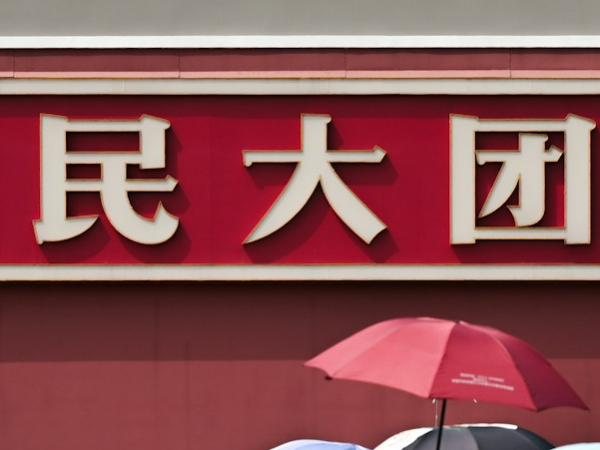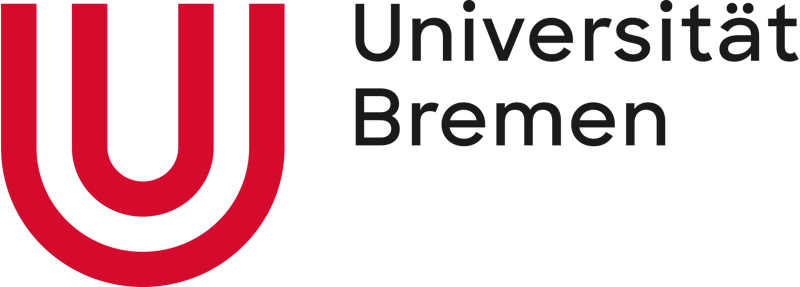Social policies are crucial in protecting migrant workers. We loop in the case of social protection of migrant workers in Indonesia and Malaysia to highlight challenges and opportunities of innovative approaches, such as digital systems, to improving such protection. They can do so by enabling real-time data tracking, improving access to legal aid and financial services, and facilitating cross-border coordination for social protection programs.
Indonesia is one of the world's largest senders of migrant workers, with Malaysia as one of their primary destinations. The disparity in GDP per capita between the two countries, the demand in labor-intensive sectors in Malaysia, and limited employment opportunities in Indonesia are the main drivers of labour migration. However, this migration is often accompanied by various challenges, including exploitation, rights violations, and inadequate working conditions (Prianto, Amri, & Ilik, 2023). In this context, social policies play a central role in protecting Indonesian migrant workers (IMWs). Social policies encompass legal and institutional mechanisms for social, health, and economic protection aimed at guaranteeing the rights of IMWs, including access to decent employment, protection from exploitation, and adequate social services.
IMWs are such a relevant social group that they enjoy such protection both in their homeland and abroad. In Indonesia, Law No. 18 of 2017 on the Protection of Indonesian Migrant Workers encompasses protection measures across the pre-employment, employment, and post-employment phases, covering legal, economic, and social aspects. At the international level, social protection of migrant workers is also rooted in International Labour Organization (ILO) conventions, including ILO Convention No. 97 on Migration for Employment and ILO Convention No. 143.
Social Policy for Migrant Workers in Indonesia and Malaysia
In Malaysia, the legal framework governing migrant workers includes the Employment Act 1955, the Immigration Act 1959/63, and related labor laws, which outline the rights and obligations of both employers and workers. However, enforcement gaps and exclusions—such as the lack of coverage for domestic workers and the dependence of migrant workers' legal status on their employers—continue to expose Indonesian migrant workers (IMWs) to vulnerabilities. The Indonesian Migrant Workers Protection Agency (BP2MI) reported that, in 2022, there were 451 complaints from IMWs in Malaysia covering issues such as unpaid wages, poor working conditions, and contract violations. These complaints highlight the ongoing challenges faced by IMWs despite the presence of legal frameworks in both Indonesia and Malaysia.
The Indonesian BP2MI leads multiple programs targeted at migrant workers (IMWs). Examples include pre-departure training to enhance their skills, covering language training, workers' rights information, and preparation on the working conditions in the destination country. BP2MI also provides social insurance that includes health protection, work accident insurance, and retirement benefits in Indonesia for IMWs. The social insurance structure is designed to guarantee security for IMWs and their families from risks derived from employment abroad. For instance, if a IMWs suffers a work accident, their family can receive adequate compensation. Local governments also play a significant role in supporting IMWs. Indonesian provinces such as Java have established integrated service centers to assist IMWs and their families in accessing information, training, and grievance services.
Table 1: Regulation related to Migrant Workers Protection
|
Indonesia |
Malaysia |
|
The 1945 Constitution of the Republic of Indonesia |
Anti-Trafficking in Persons and Migrants Act 2007 |
|
Decree of the Head of the Indonesian Migrant Worker Protection Agency Number 255 of 2023 |
Employees Provident Fund Act 1991 |
|
Government Regulation In Replacement Of Law Of The Republic Of Indonesia Number 2 Of 2022 |
Employees Social Security Act 1969 |
|
Law Number 18 of 2017 |
Employment Act 1955 |
|
Law number 39 of 2004 |
Industrial Relations Act 1967 |
|
Presidential Regulation Number 22 of 2021 |
Laws of Malaysia Federal Constitution |
|
Presidential Regulation Number 59 of 2021 |
Occupational Safety and Health Act 1994 |
|
Regulation Of The Minister Of Manpower Of The Republic Of Indonesia Number 10 Of 2019 |
Trade Union Act 1965 |
|
Regulation Of The Minister Of Manpower Of The Republic Of Indonesia Number 17 Of 2019 |
Workmen’s Compensation Act 1952 |
As a primary destination country for IMWs, Malaysia has also adopted several pieces of legislation to protect migrant workers. The Employment Act of 1995 ensures equal treatment for migrant and domestic workers in terms of wages, working hours, and working conditions. It prohibits discrimination among workers due to their origin, and establishes minimum standards for employers. Malaysia has also implemented the Workers’ Minimum Standards of Housing and Amenities 2019, which requires employers to provide adequate accommodation for migrant workers. In the healthcare sector, the Malaysian Foreign Workers Health Insurance Protection Scheme (SPIKPA) provides migrant workers with access to basic healthcare services. By paying a relatively affordable insurance premium, migrant workers can receive medical care directly while working in Malaysia.
However, challenges remain. One of the key probems is the situation of undocumented migrant workers. Reports from the International Labour Organization (ILO) (2023) show that undocumented migrant workers often face difficulties in accessing health and social services in destination countries. Given their undocumented status, workers may be hesitant to seek assistance when in need out of fear of deportation. To address this issue, the Malaysian government has launched a ‘recalibration’ program, allowing undocumented migrant workers to legalize their status. This program offers hope for many workers, but its implementation will require close supervision.
Bilateral Collaboration and Policies
Indonesia and Malaysia have signed multiple Memorandums of Understanding (MoUs) that cover minimum wage standards, dispute resolution mechanisms, and access to social services for IMWs. These Memorandums form the basis for the One Channel System (OCS), a program aimed at enhancing transparency and efficiency in the recruitment process for IMWS. The One Channel System (OCS) is designed to streamline and regulate the recruitment process for Indonesian migrant workers by ensuring that all placements go through a centralized, transparent system. It aims to prevent illegal recruitment, improve workers’ protection, and facilitate better oversight by both governments. In addition, a Joint Task Force (JTF) formed at the 4th Joint Working Group (JWG) on the Memorandum of Understanding (MoU) on the Employment and Protection of Indonesian Domestic Workers in Malaysia in Johor Bahru, Malaysia, which is responsible for monitoring the implementation of targeted policies and handling complaints from migrant workers. The JTF plays a vital role in ensuring that IMWs’ rights are respected and violations are promptly addressed.
At the regional level, the Association of Southeast Asian Nations (ASEAN )also plays a significant role in supporting social protection for migrant workers. Through the Cebu Declaration on the Protection and Promotion of the Rights of Migrant Workers, ASEAN member states commit to ensuring fundamental rights such as non-discrimination, access to healthcare services, and legal protection for migrant workers.
Ongoing challenges and opportunities
Despite significant progress in social policies for the protection of IMWS, challenges remain. One of the main issues is that the implementation of policies is often hindered by a lack of coordination among institutions. For example, although the MoUs between Indonesia and Malaysia include various protection mechanisms, on-the-ground implementation often fails to align with the agreed-upon provisions. This highlights the need for stricter oversight and increased capacity building for the involved institutions.
While existing institutional mechanisms provide for a solid legal ground for the protection of IMWs, there are still overlooked tools that may enhance those mechanisms’ efficacy. Technological advances are the best example. The launch of digital platforms like the One Channel System (OCS) demonstrates how technology can be leveraged to improve transparency and efficiency in managing migrant workers. By expanding the use of such technologies, governments can ensure that IMWS have better access to the information and services they need. By addressing existing challenges and utilizing available opportunities, a more just and inclusive social protection system for all migrant workers can be achieved.
This work is supported by a Marie Curie Staff Exchange within the
Horizon Europe Programme (PRELAB, grant agreement no: 101129940)
Header photo by Thomas Chan - Unsplash









